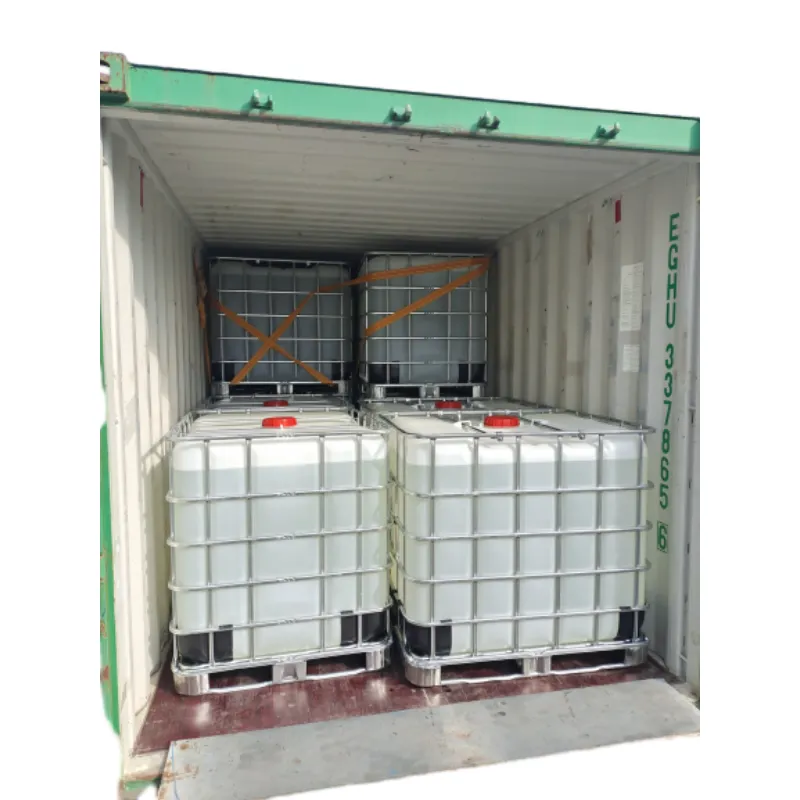
farm fertilizer
The Importance of Farm Fertilizer in Sustainable Agriculture
In the realm of agriculture, fertilizers play a pivotal role in enhancing crop productivity and ensuring food security. Specifically, farm fertilizers—substances that are added to soil or plants to supply essential nutrients—are crucial for sustainable farming practices. This article will explore the significance of farm fertilizers, their types, and the implications of their use in modern agriculture.
Understanding Fertilizers
Fertilizers are generally divided into two categories organic and inorganic. Organic fertilizers are derived from natural sources, such as compost, manure, and green manure, which contribute to the ecological balance of the soil. In contrast, inorganic fertilizers are synthesized through chemical processes and are designed to offer specific nutrients such as nitrogen (N), phosphorus (P), and potassium (K)—the primary macronutrients required for plant growth.
The Role of Nutrients
Each nutrient plays a specific role in plant health. Nitrogen, for instance, is crucial for the development of chlorophyll and aids in vigorous growth. Phosphorus contributes to energy transfer within plants and is essential for root development. Potassium helps regulate various physiological processes, including water regulation and enzyme activation. By understanding the specific requirements of crops, farmers can apply fertilizers strategically, leading to optimal growth and yield.
Enhancing Soil Fertility
While it is true that fertilizers can significantly increase crop yields, their use must be managed carefully. Over-application can lead to nutrient leaching, resulting in soil degradation and water pollution. This is why sustainable practices, such as soil testing and precision farming, have become increasingly popular. Farmers are now encouraged to analyze soil nutrient levels to tailor their fertilizer application based on specific crop needs. This not only enhances soil fertility but also promotes a healthier ecosystem.
farm fertilizer

The Impact on Food Security
With the global population projected to reach around 9.7 billion by 2050, food security is an urgent issue that demands attention. To meet this increasing demand, agricultural output must rise significantly. Fertilizers are instrumental in this endeavor, as they facilitate the growth of higher-yield crops, thus increasing overall food production. In regions where agricultural land is scarce or less fertile, the responsible use of fertilizers becomes even more critical.
Environmental Considerations
Despite the benefits of fertilizers, there are environmental concerns associated with their use. Eutrophication, a process where water bodies receive excessive nutrients leading to algal blooms, can harm aquatic ecosystems and lead to dead zones. To mitigate such risks, farmers are encouraged to adopt best management practices, such as using cover crops, implementing crop rotation, and encouraging biodiversity. These practices not only promote soil health but also reduce the dependency on chemical fertilizers.
Innovations in Fertilizer Technology
The future of fertilizers is depicted by innovative solutions aimed at enhancing efficiency and reducing environmental impact. Slow-release fertilizers and enhanced efficiency fertilizers have been developed to minimize nutrient loss and maximize uptake by plants. Additionally, organic fertilizers derived from waste materials are gaining popularity, promoting a circular economy within agricultural systems.
Conclusion
Farm fertilizers are essential for modern agriculture, playing a crucial role in enhancing crop yield and ensuring food security. However, their use must be balanced with environmental considerations to maintain sustainable farming practices. Through careful management, innovative technologies, and a commitment to ecological stewardship, farmers can harness the benefits of fertilizers while safeguarding the planet for future generations. As the agricultural landscape continues to evolve, the integration of sustainable practices with fertilizer use will be paramount in achieving a resilient and productive agricultural system.
-
What Is a Food Additive? Global Insights, Applications & Future TrendsNewsNov.24,2025
-
968 Sweetener: The Modern Solution for Health-Conscious SweeteningNewsNov.23,2025
-
Discover the Benefits and Uses of 965 Sweetener (Erythritol) | Tenger ChemicalNewsNov.23,2025
-
961 Sweetener - A Next-Gen Sugar Alternative for Health and IndustryNewsNov.23,2025
-
Understanding 960 Sweetener: The Modern Sugar Alternative for Health and IndustryNewsNov.22,2025
-
Everything You Need to Know About 955 950 Sweeteners – Benefits, Uses, and TrendsNewsNov.22,2025
-
953 Sweetener: Global Insights, Applications, and Future TrendsNewsNov.21,2025
Hebei Tenger Chemical Technology Co., Ltd. focuses on the chemical industry and is committed to the export service of chemical raw materials.
-

view more DiethanolisopropanolamineIn the ever-growing field of chemical solutions, diethanolisopropanolamine (DEIPA) stands out as a versatile and important compound. Due to its unique chemical structure and properties, DEIPA is of interest to various industries including construction, personal care, and agriculture. -

view more TriisopropanolamineTriisopropanolamine (TIPA) alkanol amine substance, is a kind of alcohol amine compound with amino and alcohol hydroxyl, and because of its molecules contains both amino and hydroxyl. -

view more Tetramethyl Thiuram DisulfideTetramethyl thiuram disulfide, also known as TMTD, is a white to light-yellow powder with a distinct sulfur-like odor. It is soluble in organic solvents such as benzene, acetone, and ethyl acetate, making it highly versatile for use in different formulations. TMTD is known for its excellent vulcanization acceleration properties, which makes it a key ingredient in the production of rubber products. Additionally, it acts as an effective fungicide and bactericide, making it valuable in agricultural applications. Its high purity and stability ensure consistent performance, making it a preferred choice for manufacturers across various industries.





